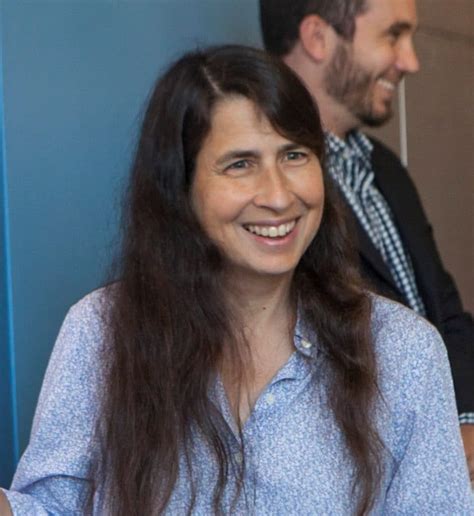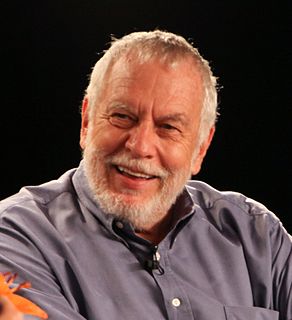A Quote by Johann Johannsson
In this post-industrial society, when we're moving away from what was the norm, we have to deal with what it has left in its wake in terms of the impact on people and the environment.
Quote Topics
Related Quotes
Parents' work has shifted markedly around the world - and that goes for every region. Men in particular have been moving away from farmed-based work, and into industrial and post-industrial work - so they've moved away from the home. Women, likewise, have moved into the paid labor force and away from the home.
The left believes that we're an unwarranted, undeserving superpower because we're a racist, bigoted nation from our founding. So Obama presides over America's decline and tells everybody "get used to it. This is the new norm." The new norm is no full-time jobs. The new norm is government getting bigger. The new norm is you having no wage increases for 15 years. This is what the new norm is, as we entered the global marketplace. And the American people don't want any part of that. That's not America.
The Tea Party I have huge disagreements with, obviously. But I give them credit for having activated themselves. And they made a difference in terms of moving the Republican Party, in terms of moving the country in a particular direction. It's a direction I disagreed with. But it showed that, in fact, you get involved, if your voice is heard it has an impact.
Industrial Society is not merely one containing 'industry,' large-scale productive units capable of supplying man's material needs in a way which can eliminate poverty: it is also a society in which knowledge plays a part wholly different from that which it played in earlier social forms, and which indeed possesses a quite different type of knowledge. Modern science is inconceivable outside an industrial society: but modern industrial society is equally inconceivable without modern science. Roughly, science is the mode of cognition of industrial society, and industry is the ecology of science.
Grief is like the wake behind a boat. It starts out as a huge wave that follows close behind you and is big enough to swamp and drown you if you suddenly stop moving forward. But if you do keep moving, the big wake will eventually dissipate. And after a long time, the waters of your life get calm again, and that is when the memories of those who have left begin to shine as bright and as enduring as the stars above.
I love fashion because it's plugged into the zeitgeist, so it's always changing. Thirty years ago, I could never have predicted I'd be where I am today, so I know I don't know what's going to happen in the next five years or the next 20 years. I have my predictions—I'm sure technology will continue to have an impact on fashion, particularly the way people shop. I think quality will be increasingly important—we're moving away from a time of fast fashion. But really, the only constant in fashion is that you must keep moving forward, otherwise you'll be left behind.
However, if we leave the industrial machinery and their energy-distribution networks and leave them also all the people who have routine jobs operating the industrial machinery and distributing its products, and we take away from all the industrial countries all their ideologies and all the politicians and political machine workers, people would keep right on eating. Possibly getting on a little better than before.
And if you look at society, the way it works, they are creating, from cradle to grave, left-brain prisoners. To advance in this society, you have to be good at passing exams in school, which are taking in left-brain information overwhelmingly. Then you go to the next level, and so on so that by the time you reach any level of significant influence in society or the institutions of society, you are fundamentally locked into your left brain. Or at least the majority of people are.
It would appear that the traditional parliamentary democracies can offer no fundamental opposition to that automatism of technological civilization and the industrial-consumer society, for they too are being dragged helplessly along by it. People are manipulated in ways that are infinitely more subtle and refined than the brutal methods used in post-totalitarian societies.
During the election people from visible minorities stood as candidates on both the left and the right. And only one African woman was elected in a very left-wing constituency in Paris. The French don't seem to be ready to elect people from a visible minority. So maybe this society is not ready to have a woman from a foreign background in this important post. That really surprised us, because we thought we had evolved.








































